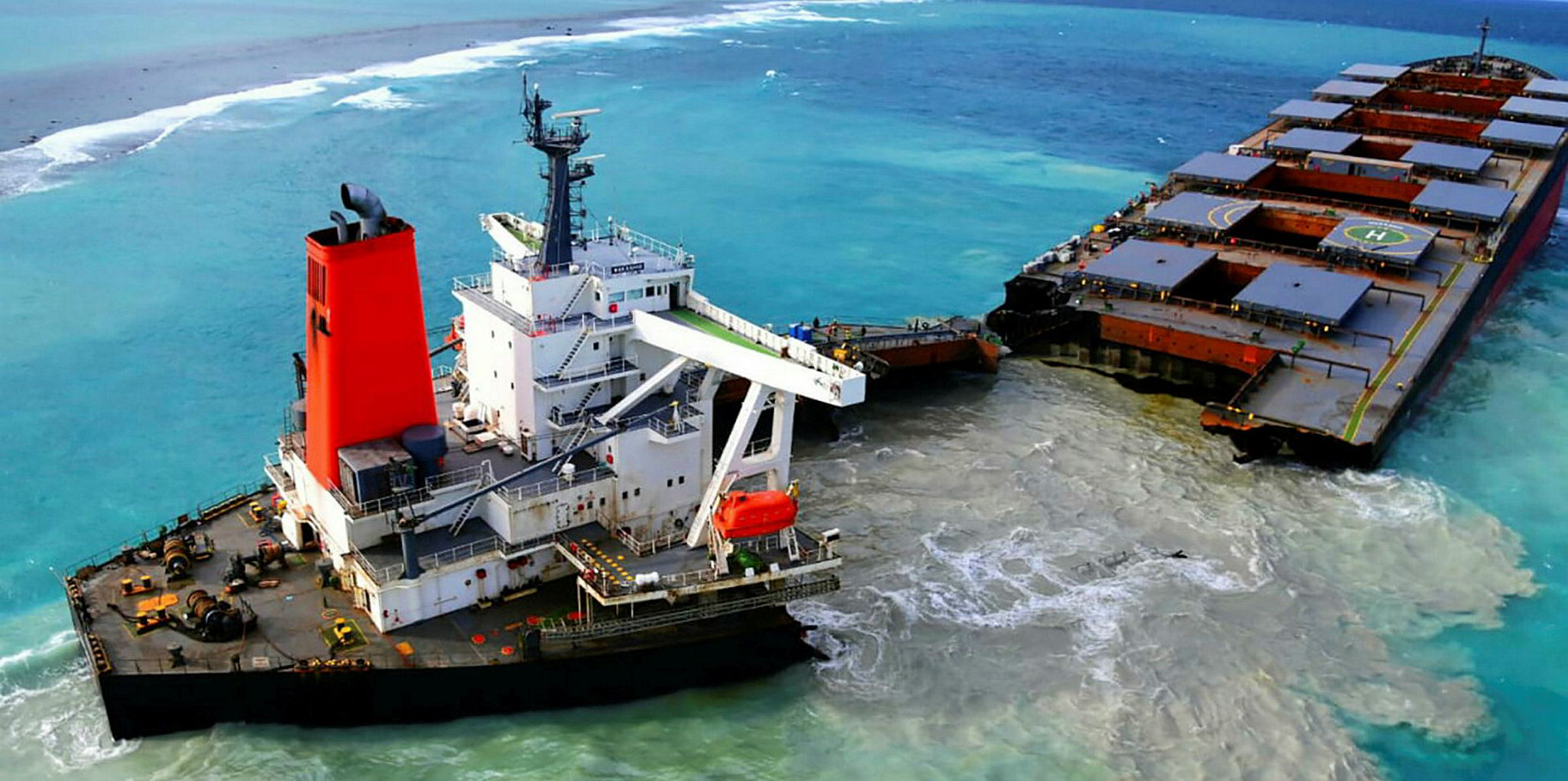In normal circumstances, crew changes are among the smoothest and most straight-forward tasks ship agents are charged with. But 2020 has been anything but "normal" — thanks to Covid-19, which transformed usually simple operations into a human crisis that will undoubtedly leave the global shipping community a profound legacy.
We are in the midst of the most staggering shift ever in crew change operational procedures in the modern era.
As the industry's "eyes at the quayside", agents have watched the crisis evolve on the ground, and have had to overcome the often complex and broad-brush restrictions implemented to control the spread of Covid-19.
We witnessed first-hand many heart-breaking human stories on the frontline, while navigating ever-changing government instructions and medical advice.
So where do we go from here? We believe shipping must now deliver a collective response, based on the lessons learnt from those nations that have led the way in addressing the crisis.
Out of the box thinking
It’s still not easy to paint a single picture of the crisis. Regulations continue to change daily and often differ by region, or even from port to port. Moreover, decisions are predominantly being taken on the basis of verbal communications between regulators, ports and other stakeholders, making it difficult for agents to provide shipowners, shipmanagers and seafarers with documented guidance.
We see this as a blueprint that other nations should follow to liberalise crew changes
Many countries are not allowing seafarers of other nationalities to sign on or off. Elsewhere, crew changes are only permitted at anchorage or off-port-limits. Even where crew can sign off, airports have been closed or running at a reduced service.
The shortage of international commercial flights continues to be a major obstacle in getting crew members home safely. Expired visas for seafarers forced to stay on board beyond their contracts have only exacerbated the bureaucratic and human problem.
The crisis has ushered in an era where extraordinary measures are required to get seafarers home. While short-term solutions, such as out-of-the-box thinking, have become the norm.
Paths to follow
One nation that adapted early and effectively to the crisis is Finland. It had already designated seafarers as key workers, enabling crew changes to continue restriction-free and that provided a lifeline for seafarers from neighbouring countries, such as Russia.
Other countries have sought to replicate Finland’s model, with the International Maritime Organization confirming it has received official communications from almost 30 countries expressing their support for the campaign to designate seafarers as key workers. It is clear that the rightful designation of seafarers as key workers is long overdue and key to easing the crew change crisis.
The lessons learnt from the first half a year of global pandemic response must not be forgotten
Sri Lanka has proven a good example of coordination between local authorities and government, with crew change corridors set up to ensure the movement of people in a safe and controlled environment. Crew exit a vessel and enter a Covid-compliant form of transport that takes them to a transition centre, where they are accommodated under quarantine conditions until a suitable flight is found.
We see this as a blueprint that other nations should follow to liberalise crew changes, so it is good news that the Maritime and Port Authority of Singapore adopted similar measures, which has included floating accommodation at the self-contained crew facilitation centre from last month.
We have all been affected by the pandemic. We have all witnessed changes in work environments and social activities, and many have dealt with an increased strain on their mental health, exacerbated by the continued overall feeling of uncertainty.
Despite this, shipping has continued. It has to, to ensure that global supply chains don’t fail and international trade doesn’t collapse. But at what price?
Collective responsibility
There are rising concerns about the physical and psychological welfare of crew members caught up in the crisis. As an industry, we have to accept our collective responsibility to assist seafarers.
Local ship agents have increased their human resources counsel in response, and should all offer to work with charities, such as the Mission to Seafarers, the Sailors’ Society and others.
While the situation is showing signs of improving, the lessons learnt from the first six months of the global pandemic response must not be forgotten. Contingency plans should, and are, being formed at every level of shipping to ensure that seafarers are treated as valued members of the shipping community, and we must all continue to work together to find practical, effective solutions to this crew change crisis.






